What is Social Listening?
If you don’t use social listening then you are neglecting one of the most useful marketing tools that can inform your marketing strategy.
But what is social listening and how can you apply it to your business? Join
Infoserve as we explore its uses below.
What is social listening?
Social listening tools track and monitor every mention of your brand across social media.
Yes, you read that right. Every single one.
You might wonder what the purpose of this is when you could simply type your name into the hashtags and see what people are posting about you. Well, as you may have discovered already, the information you gain from doing this is selective and limited.
With social listening tools, you gain a full overview of everything that is said about your brand online, whether that’s positive, negative, throwaway or a general feeling about your products/services.
You can also use social listening tools to:
- Track the conversation around competitors
- Monitor social trends
- Keep an eye on topics that are close to your customers’ hearts
Why you should invest in social listening
Social listening tools give you a broad spectrum of public opinion on your business, without the need to go trawling through reviews and deep diving into hashtags.
Not only does this give you a more honest opinion on your products, services and branding, but it gives you the opportunity to proactively adjust your marketing strategy, or even adapt your products.
Data isn’t always in the statistics, it can also be in the overwhelming volume of people online who love your product but give the same piece of constructive feedback.
The benefits of social listening
1. Discovering valuable audience insights
If you are an established brand, then your audience and customers will be talking about you online, and this can give you a really good idea of what they want from you.
For example, if you were an online drinks company, you may have a customer mention that they love your product but find it difficult to open the lid. Your customers might not be the type who want to leave customer reviews, but would post an amusing video on TikTok of your drink going everywhere after they spent a few minutes trying to open it.
Social listening tools give you instant access to this information.
2. Managing PR problems
Social media listening tools can inform you instantly if the conversational tone around your brand shifts suddenly, and exactly why this is.
This gives you the opportunity to identify and address any issues before they become a crisis for your business, and prevent you from making the same error in future campaigns.
3. Identifying opportunities for collaboration
When influencers who like your brand post about one of your products, you will be notified straight away, which removes any blindness in your search for collaborators. Instead, it delivers opportunities right to your door.
You will also be able to see which influencers talk about you regularly vs which ones mentioned you once.
This is incredibly valuable because it allows you to find and work with people who are already passionate about what you do, in a space where it can be tough to find your way through the noise.
4. Monitoring competitor activity
You can use social listening tools to monitor your competitors too.
You’ll be able to see what people are saying about them, and identify any gaps in the market that you could slip into. Learn from their pitfalls and respond to their positive feedback.
5. Targeting campaigns with accuracy
Marketing campaigns always yield the highest return when they are targeted and accurate, and with the insight social listening provides, you can better tailor your efforts to a more personalised audience.
You’ll be able to identify and apply:
- The language your audience uses
- The social issues they care about
- Background and location of your audience
For example, if your audience is currently engaging heavily in the conversation around plastic waste, then you might want to address this in your marketing campaign to better resonate with them.

How to use social listening tools effectively
1. Filter out the noise
Social listening can give you access to an overwhelming amount of information so you need to know what to look for.
For example, one negative Instagram review from an individual who is not in your target demographic is not the end of the world, but if a large number of your followers are giving constructive feedback about a feature of your product, this is definitely something to address.
2. Identify the right topics and words
Like keywords in SEO, you need to give social listening tools the right search terms to look out for. Using irrelevant keywords could waste time and money when you should be looking elsewhere.
Understandably, your name and social media handles will be included in this list, but consider looking out for industry specific keywords, competitor names, the name of your current and previous campaigns, and branded hashtags.
These can adapt and change over time so it is important to update them to keep them relevant.
3. Find the right platforms
Using a broad range of platforms will give you a more varied impression on how people feel about your business because conversations will differ depending on the format of the media.
Over time, you will gain a better overview on which ones to look out for.
Make sure you choose platforms that discuss your company in both a positive and negative light as both are incredibly helpful. Try not to filter out the bad because these voices will give you the opportunity to address issues and improve.
4. Adapt your strategy over time
Like any other marketing strategy, you will need to adapt it over time. You may want to try throwing a larger net to begin with and then narrowing your search when you get to grips with the technology.
5. Find the right tools
There are a number of social listening tools with different applications and costs, and what works for one business might not work for others.
These are some of the most popular and reputable platforms:
Don’t know where to start?
Here at
Infoserve, our
web design experts are on hand to help you create and build a unique, functional and responsive website, and our
PPC and
SEO team help your website get found.













